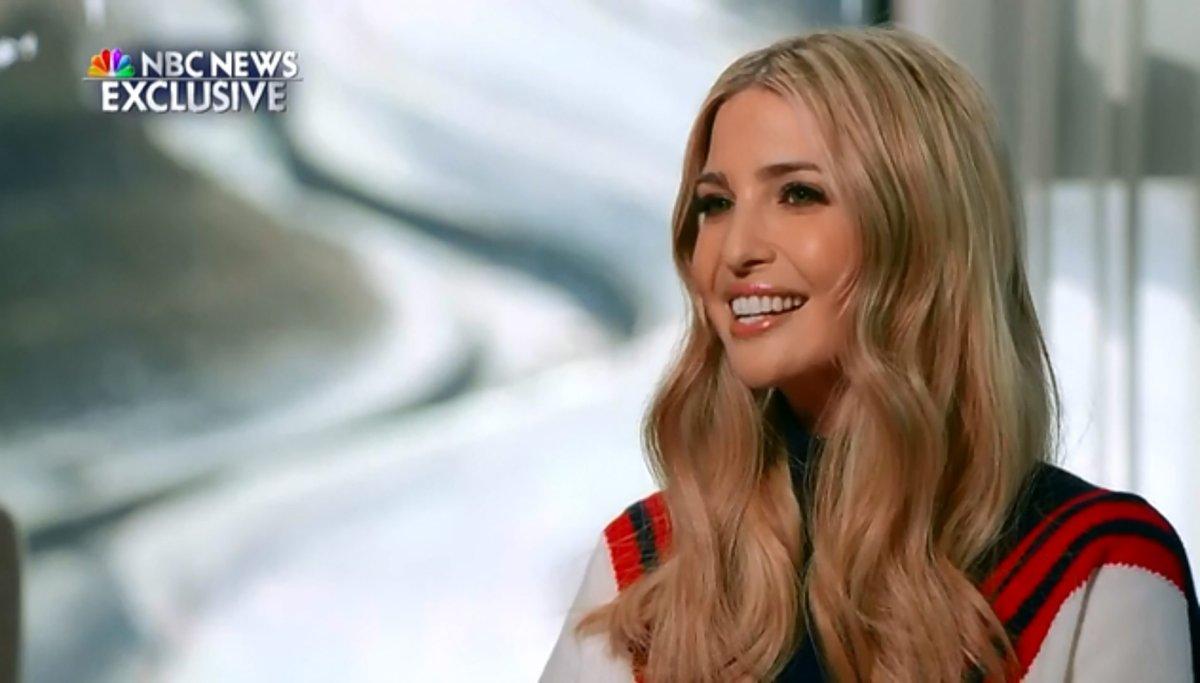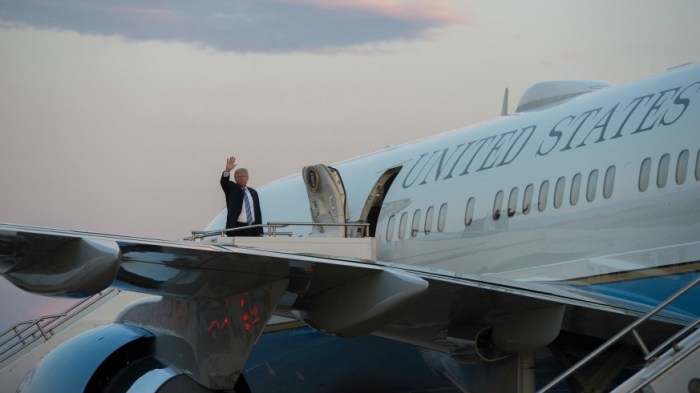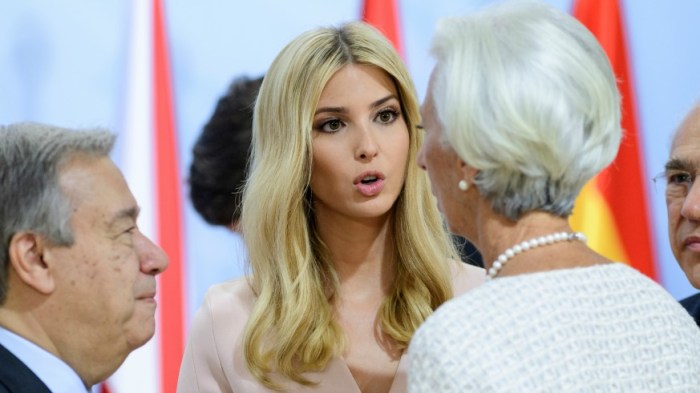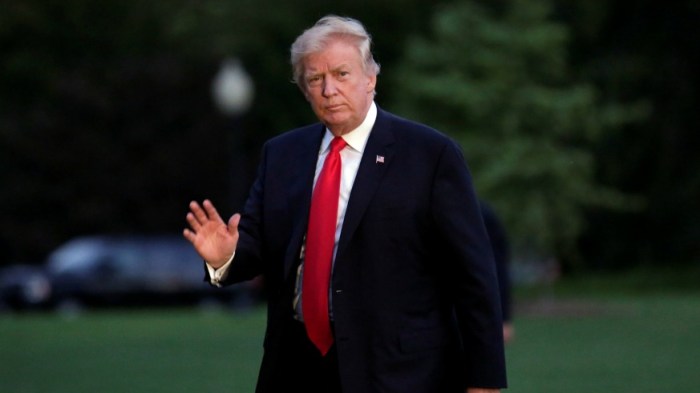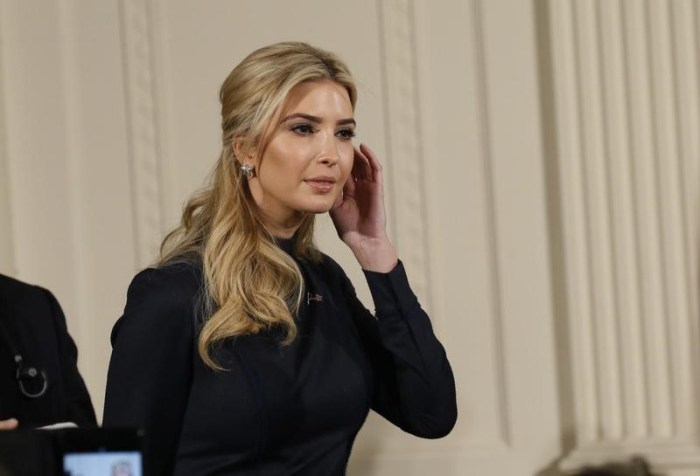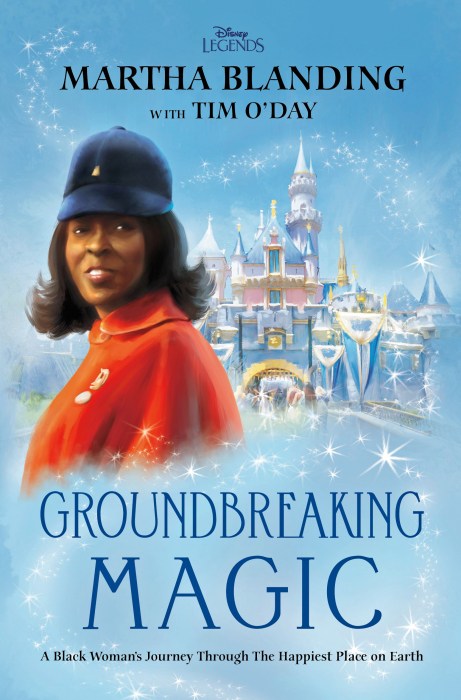Last week, President Trump announced his intention to enact $150 billion of new tariffs on Chinese goods, but first daughter Ivanka Trump’s company will be exempted.
Ivanka, a senior White House adviser, founded the Ivanka Trump line of clothing and shoes, which is largely made in China. Last month, Trump announced he would call for a 25% tariff on imported Chinese steel and a 10% tariff on imported aluminum.
Last Tuesday, the administration released a list of $50 billion in additional tariffs on 1,300 largely high-tech items, including batteries, semiconductors and heavy machinery. China responded by calling for $50 billion in tariffs on U.S. goods, including soybeans, pork and aircraft, traditional red-state products that would hurt Trump’s base.
On Thursday, Trump returned the volley, threatening another $100 billion in tariffs. The move caused the stock market to drop and Republican Sen. Ben Sasse to say the president’s tactics were “the dumbest possible way to do this.”
Apparel and shoes were on none of the lists.
Ivanka Trump officially stepped down as president of her line in January 2017. But that didn’t do much to forestall ethical line-blurring. She has been criticized for using her White House position as free advertising; the outfits she wears in TV appearances and on Instagram are often her own brand. In December 2017, the Wall Street Journal reported that 70 percent of the outfits Ivanka Trump wore on Instagram since March were … Ivanka Trump.
In January, the watchdog group Democracy Forward asked the Office of Government Ethics to look into the matter. “Ivanka Trump appears to be breaking ethics rules by using her official status to source advertisements that line her pockets,” said Anne Harkavy, the executive director of Democracy Forward, in a statement. “Her official duties are supposed to benefit American taxpayers, and she should not exploit this position for personal financial gain.”
Early in Trump’s presidency, Ivanka had dinner at her father’s Mar-a-Lago resort with Chinese president Xi Jinping. That day, three trademark applications she had filed in China were approved.

